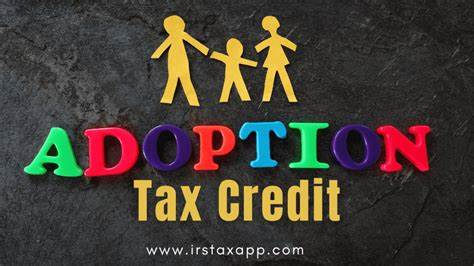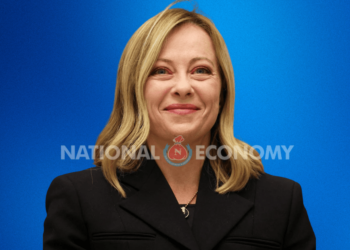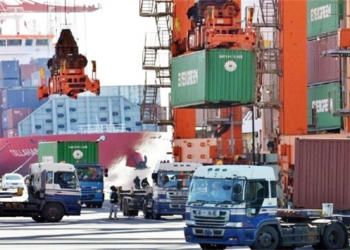In 2016, the Central Bank of Nigeria(CBN) had issued a circular directing that all collaterals be registered with the National Collateral Registry (NCR) and thus enabling the use of moveable assets such as cars, jewelries, inventory amongst others, to be used as collateral to obtain loans in the banking industry.
Six years after it was launched, the NCR said about 752,000 Nigerians have registered on its portal, as it has over N16.6 trillion credit has been collateralised. In Nigeria, there are an estimated 37 million micro, small, and medium-size enterprises (MSMEs) and their contribution to economic growth and job creation is significant.
However, many of these smaller businesses struggle to gain access to the capital they need to grow and prosper since they lack traditional collateral such as land and buildings. In May 2016, CBN launched a modern online collateral registry with the support of the World Bank Group. The registry was to allow low-income people and small-scale entrepreneurs to secure loans against movable assets such as machinery, livestock, and inventory.
The NCR provides a platform where all collateral, moveable and immovable collateral can be registered, thereby, removing the risks of some bank customers using the same collateral to access facilities in more than one bank.
Registrar of the NCR, Mr. Bulus Musa, whilst speaking at a town hall meeting on the sensitisation of the use of Secured Transactions in Movable Assets (STMA) Act 2017 which was organised by the Development Finance Department of CBN in collaboration with the NCR said, there has been increased use of the portal in recent years.
The NCR, is an initiative of the apex bank, with support from the International Finance Corporation (IFC) to improve access to finance, particularly, for Micro, Small, and Medium Enterprises (MSMEs) using movable assets as collateral.
Speaking at the event, Musa said, “We have captured about 752,000 and credit that has been granted or collateralised currently stands at N16.6 trillion on the NCR portal. We want to use the movable assets as collateral for granting credit.
“What the small-scale industries need to do is go to their bank, tell their bank that I do not have landed properties but I have a motorcycle, vehicle, jewelry, an account receivable from a reputable company, inventory and discuss with them, they will register these documents on the NCR and when it is registered on the NCR, it gives that bank the priority over these assets and they give you the amount you need for credit but you know payment is still with you,” he said.
Musa whilst urging SMEs to approach their banks in order to benefit from the scheme, said, they should notify their banks that they did not have landed properties but had other properties, such as, vehicles, jewelries and an account with a reputable company, including inventory.
“They will register all these documents on the National Collateral Registry, and when it is registered on NCR, it gives that bank the priority over these assets and they give you the amount you need. But payment is still with you,”he said.
The registry, which operationalises CBN’s ‘Regulations on Registration of Security Interests in Movable Property by Banks and other Financial Institutions,’ is a web-based system that allows lenders to determine any prior security interests, as well as to register security interests over movable assets provided as collateral.
The benefits of the collateral registry include; enabling businesses to leverage their assets to obtain credit for growth, improve assets liquidity especially short-term assets, and allow asset diversification as well as to reduce cost and promote prudent lending.
A survey conducted by the project team shows that only 31 per cent of MSMEs in Nigeria currently have a loan with a bank or a microfinance institution, and that personal savings and business income are the most important sources of capital for financing businesses.
At the same time, 82 per cent of financial institutions surveyed said inadequate collateral is the most common challenge in granting loans.
The collateral registry was implemented in partnership with the CBN, and funded by the UK’s Department for International Development(DFID). The registry also facilitates access to credit secured with moveable property creating and perfecting security interests and realising security interests in movables.
It is also aimed at providing for the establishment and operation of the collateral register and stimulate responsible lending to micro, small and medium enterprises by providing an efficient mechanism for registration of the security interests in moveable assets and realisation of such interests in the event of a default.





